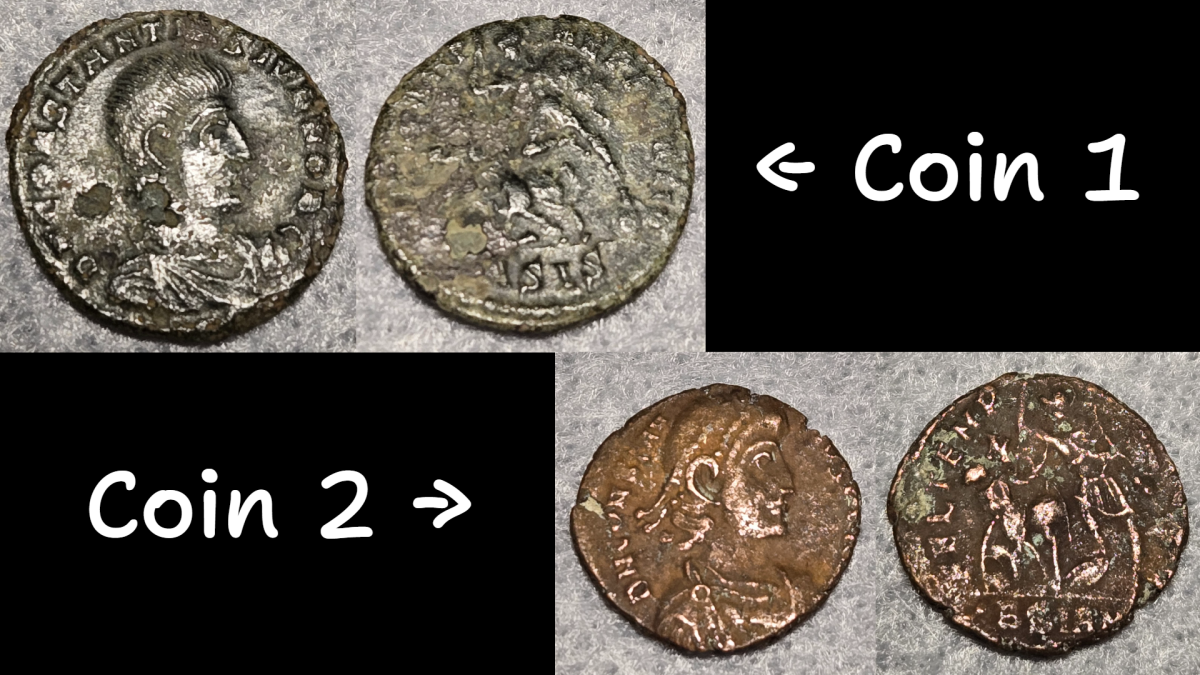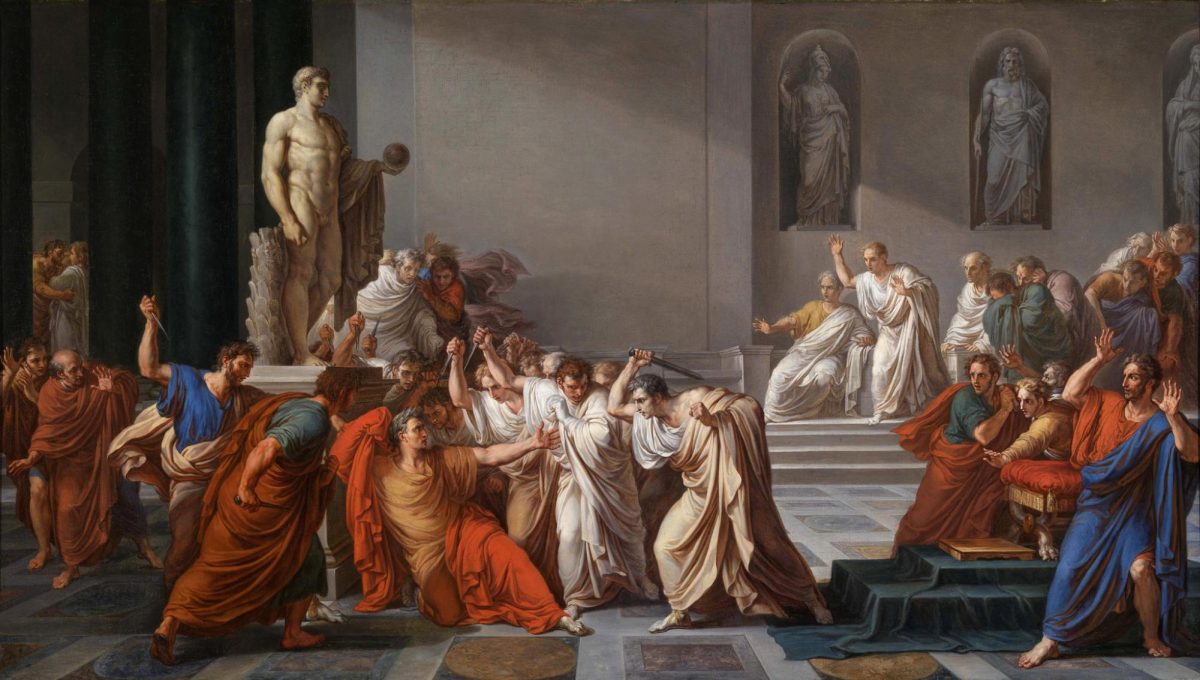Rome wasn’t built in a day, and neither was Caesar’s legacy. We know of his famous letters, “veni, vidi, vici;” and of his campaigns in Britannia, Gallia, and others. We also know of some naughty chants from his famous triumphs. But, we can’t agree on what, if any, his last words were.
Born “Gaius Julius Cæsar” to Aurelia and a father of the same name, Caesar quickly rose through the ranks of the Roman army. After several military victories, he also started to climb to the top of the Roman political world as well.
Before long, Caesar became one of the two consuls, the highest elected position a Roman citizen could get. This consulship was his first, and it wouldn’t be his last. He would also take other high positions, including governor of several different provinces, and proconsul.
During one of Rome’s civil wars, Caesar headed his own faction called the Caesareans, who went to war with one of Caesar’s old friends and political rival, Pompey, and his Pompeian faction. In a cruel twist of fate, when Caesar was assassinated, he died under a statue of his rival. Pompey shouldn’t be confused with Pompeii, the lost city. The people of the lost city were also called Pompeians. But, the people of the modern day commune, called Pompei, are called Pompeiani.
In the end, after countless lives were lost, Caesar was victorious against the Pompeians. Pompey fled to Egypt where he was assassinated by Roman soldiers loyal to Caesar. He was cremated, except for his head, which eventually made it back to his family.
Caesar kept gaining popularity, both in the army and the plebian class. While doing this, he often stepped on some of the toes of Roman senators. This would end up costing him greatly down the road.
Caesar kept trucking on, defeating, and getting defeated, growing his influence and wealth. Many times throughout his career, civilians would offer him a crown worn by the kings of Rome, before they were overthrown and the Republic was formed.
Of course, Caesar would reject the crown, not because he didn’t want to be king or ruler, but quite the opposite. By refusing the crown, he won the hearts and minds of the common Roman, who often despised kings and saw them as tyrants.
But this never stopped Caesar. And eventually in 44 B.C., the senate named Caesar Dictator perpetuo, or “dictator in perpetuity.” This didn’t sit well with several senators. And, they planned to kill the now dictator Caesar.
On 15th of March, known as the Ides of March in Ancient Rome, the 55 year old dictator was rushed by 60-to-70 senators and stabbed a total of 23-to-27 times, some to the back and chest, others to where it could hurt most.
We know that only one or two of the stab wounds would have been fatal to the man, leading one to hope that the death was quick. But, it wasn’t. Things in the ancient world never end quickly, or cleanly. Just ask Manius Aquillius the younger.
The last words of the dictator are something that no one can decide on. Some people think he spoke in Latin, other Greek, and some think he said nothing due to the pain. The historian Suetonius wrote that Caesar shouted out “ista quidem vis est!”, or “but this is violence!” in English.
Another historian, Plutarch, wrote that Caesar shouted in Greek, “foulest Casca, what are you doing?” Casca being one of the senators to stab him. But according to Cassius Dio, Caesar’s last words were to his adopted son, Brutus, saying, “you too, child?” in Greek, “καὶ σύ τέκνον?”
But, there is another, less accurate version of Caesar’s last words that come from the bard we all know and love, William Shakespeare. In his play, Caesar, Shakespeare wrote that the last words of the dictator were “et tu, Brute?” or “and you, Brutus?” It is through Shakespeare that many people believe that these were Caesar’s last words.
But, many modern historians argue that Caesar wouldn’t have been able to say much of anything, seeing as he had just been stabbed almost 30 times, according to less conservative estimates. We will never truly know what his last words were, but it is certain that his death was one that no one would ever want to experience.






















